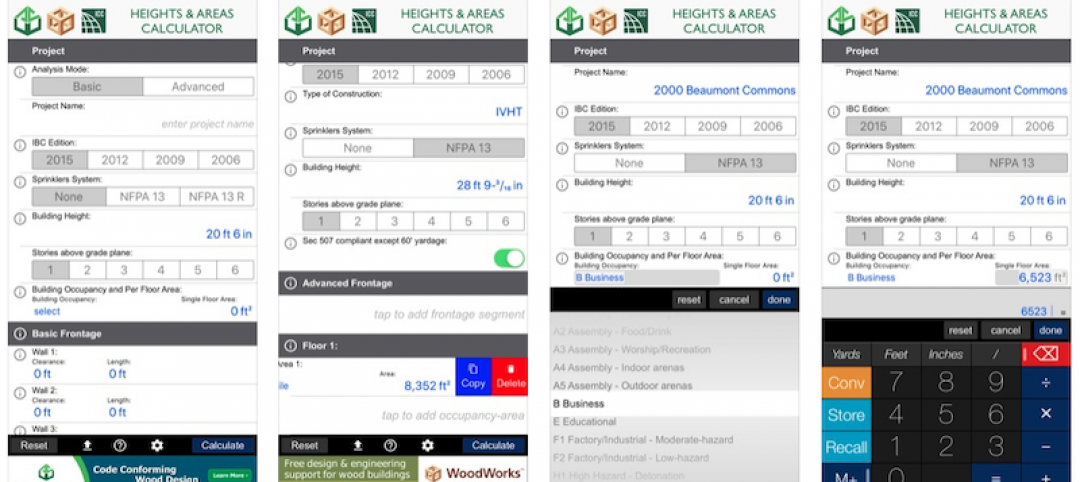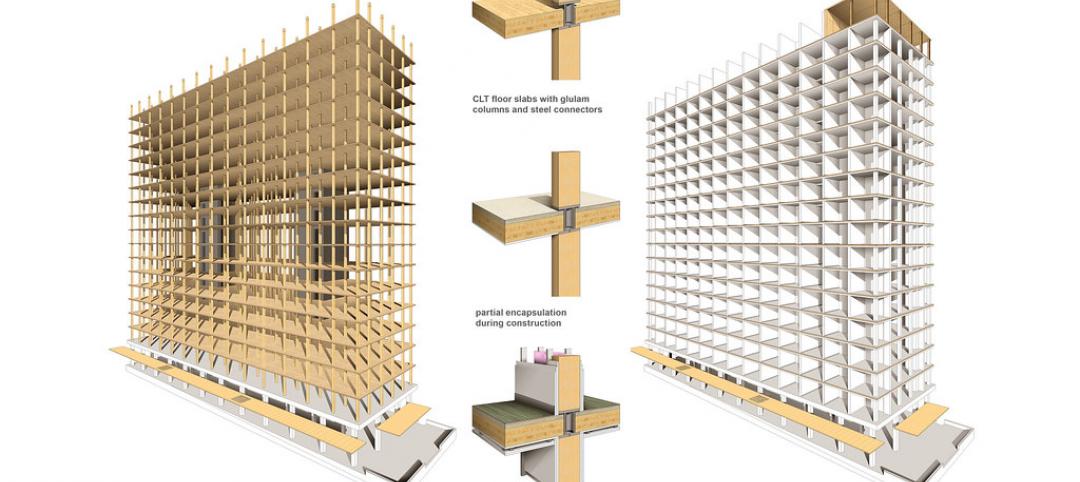In recent years, cities including New York, Chicago, Washington, D.C., Portland, Ore., and Fayetteville, Ark., have reduced or eliminated required parking spaces on major developments.
Many of these developments are located near mass transit stations and/or are affordable housing projects. In New York, the city eliminated parking requirements for low-income, “inclusionary” (with some units going to low- or middle-income families), and affordable senior housing developments that are within a half-mile of mass transit.
Chicago recently expanded areas targeted for transit-oriented development with parking requirements made minimal or eliminated. In January, Washington, D.C., reduced parking requirements for multi-family buildings and commercial buildings near metro stations and along high-speed bus routes. Last year, Fayetteville, Arkansas eliminated parking minimums for every new building except homes.
Developers say that parking requirements increase costs, making it more difficult to build affordable housing, especially in high-cost cities.
Related Stories
Codes and Standards | Oct 26, 2020
New seismic provisions for the National Earthquake Hazards Reduction Program released
The provisions present a set of recommended improvements to the ASCE/SEI 7-16 Standard.
Resiliency | Mar 13, 2020
Feds push use of eminent domain to force people out of flood-prone homes
Local officials that don’t comply could lose federal money to combat climate change.
Building Technology | Jan 7, 2020
Tariff whiplash for bifacial solar modules
Bifacial solar systems offer many advantages over traditional systems.
Building Owners | Dec 2, 2019
What building owners and AEC teams need to know about New York’s Climate Mobilization Act
On April 18, 2019, the New York City Council passed the Climate Mobilization Act, a suite of laws aimed to meet the city’s commitment to achieving carbon neutrality by 2050.
Codes and Standards | Sep 12, 2019
Illinois law sets maximum retainage on private projects
The change is expected to give contractors bigger checks earlier in project timeline.
Codes and Standards | Sep 10, 2019
Retreat may be the best option for some coastal communities in face of sea level rise
A new study makes the case for relocating in a "strategic, managed" manner.
Codes and Standards | Sep 9, 2019
Free app calculates maximum allowable heights and areas for buildings
A free app that calculates the maximum allowable heights and areas for buildings of various occupancy classifications and types of construction has been released.
Codes and Standards | Aug 29, 2019
The high cost of gridlock: $166 billion per year
Growing economy means more jobs, more cars, more hours stuck in traffic.
Codes and Standards | Aug 29, 2019
Industry leaders ask for government help as trades shortage worsens
AGC asks for more funding for education and increased immigration to fill gaps.
Codes and Standards | Aug 29, 2019
Code-conforming wood design guide available
The guide summarizes provisions for the use of wood and wood products in the 2018 IBC.

















